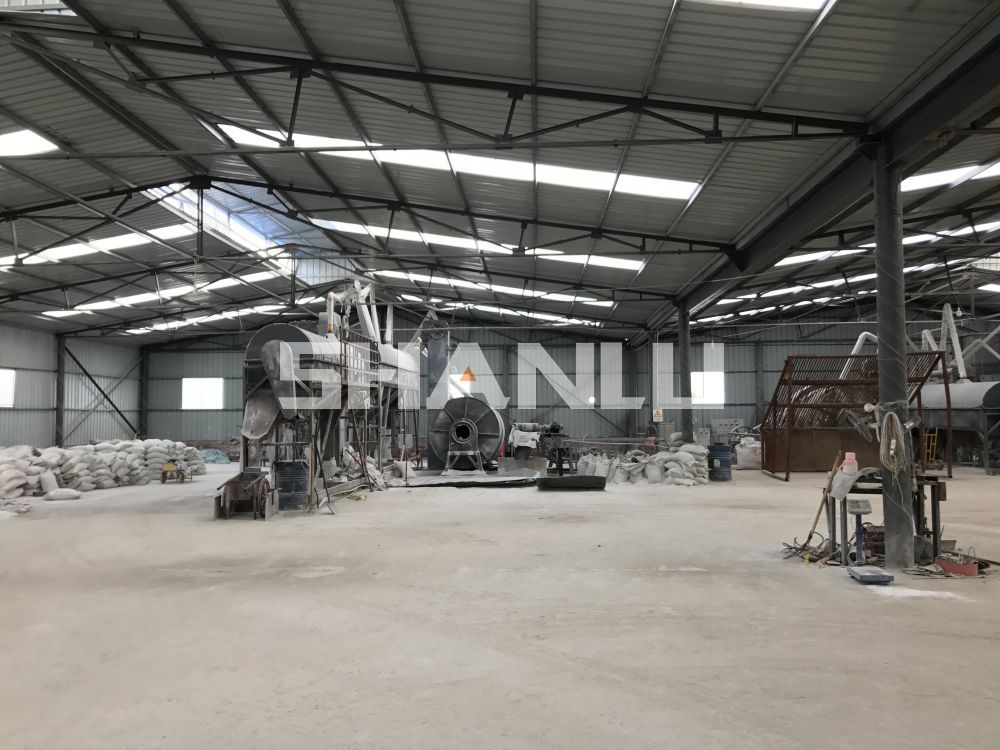The rational utilization strategy of water resources in the production of
quartz sheet sand mainly includes the following aspects:

1. Recycling water resources: In the production process of quartz sheet sand,
many links will produce wastewater, such as cleaning, screening and other links.
This waste water can be properly treated and used again in the production
process, such as for washing, cooling and other links, thereby reducing the need
for fresh water resources.
2. Water conservation: In the production process, the use of water can be
reduced by improving the production process and equipment. For example,
optimizing the cleaning process to reduce cleaning time and water consumption;
Use water-saving equipment to improve water utilization efficiency.
3. Rainwater collection and utilization: rainwater collection system can be
established to collect rainwater and be treated for non-drinking water links in
the production process, such as washing and cooling.
4. Wastewater treatment and reuse: Professional treatment of wastewater
generated in the production process, so that it meets the reuse standard, and
then used again in the production process. This can not only reduce the
consumption of water resources, but also reduce the pollution of wastewater to
the environment.
5. Monitoring and management: Establish a water resources utilization
monitoring system to monitor the consumption of water resources in the
production process in real time, and timely discover and solve problems in water
resources utilization. At the same time, strengthen the management of water
resources, formulate reasonable water use plans and standards, and ensure the
rational use of water resources.
6. Introduction of advanced technologies: continue to pay attention to and
study new water resources utilization technologies, such as membrane separation
technology, reverse osmosis technology and other efficient water treatment
technologies, in order to improve the treatment efficiency and reuse rate of
wastewater. In addition, intelligent equipment can be introduced to accurately
control the amount and time of water use through automatic control and
optimization algorithms, further improving the efficiency of water resource
utilization.
7. Strengthen staff training and awareness raising: Provide staff with
training on water resources protection and rational use to improve their
awareness and skills of water resources protection. Promote the rational use of
water resources throughout the production process through employee behavior
change.
8. Establish partnerships: Work with suppliers, customers and other partners
to promote the rational use of water resources. For example, working with
suppliers to select those who are focused on water conservation as partners;
Work with customers to promote the use of water-saving products and
technologies.
9. Comply with laws and regulations and industry standards: strictly abide by
national and local laws and regulations on water resources protection and
utilization, and ensure that water resources utilization in the production
process meets the standards. At the same time, it actively participates in
industry associations and the formulation of standards to promote the
formulation and improvement of standards for the rational use of water resources
in the industry.
10. Introduce market mechanism: Promote rational use of water resources
through market mechanism. For example, a water rights trading market can be
established to trade water rights as a commodity and regulate the utilization of
water resources through the market supply and demand relationship. In addition,
economic means such as taxation and subsidies can be used to guide enterprises
to reduce water consumption and promote the rational use of water resources.
In general, the rational use of water resources in the production of quartz
sheet sand requires enterprises to start from many aspects, including
technology, management, policy and other levels. Only through comprehensive
policies and multi-pronged efforts can the sustainable use of water resources be
achieved and contribute to the long-term development of enterprises and the
sustainable development of society.